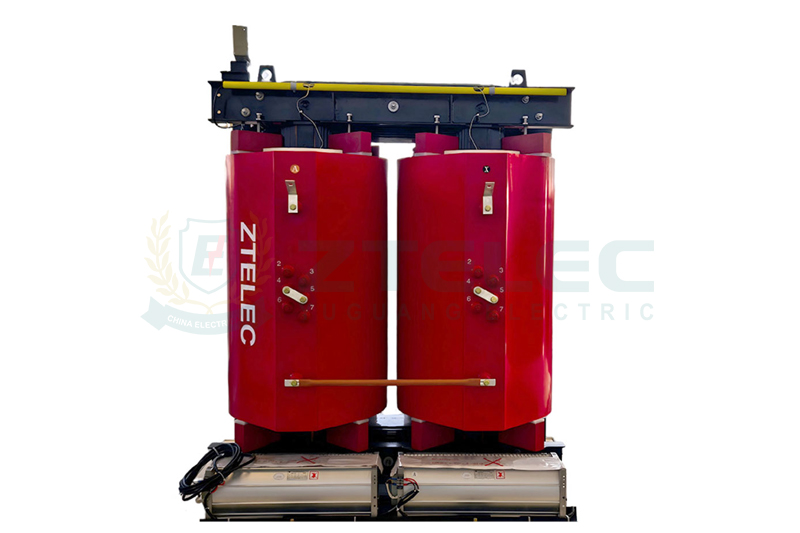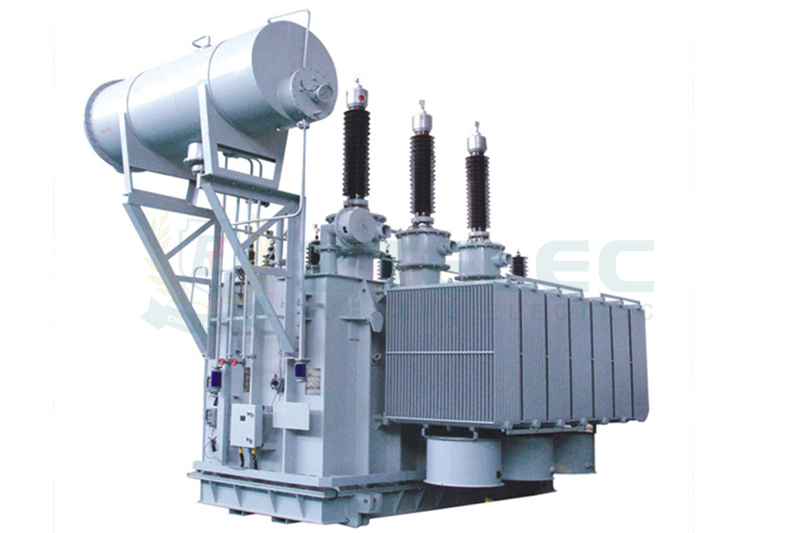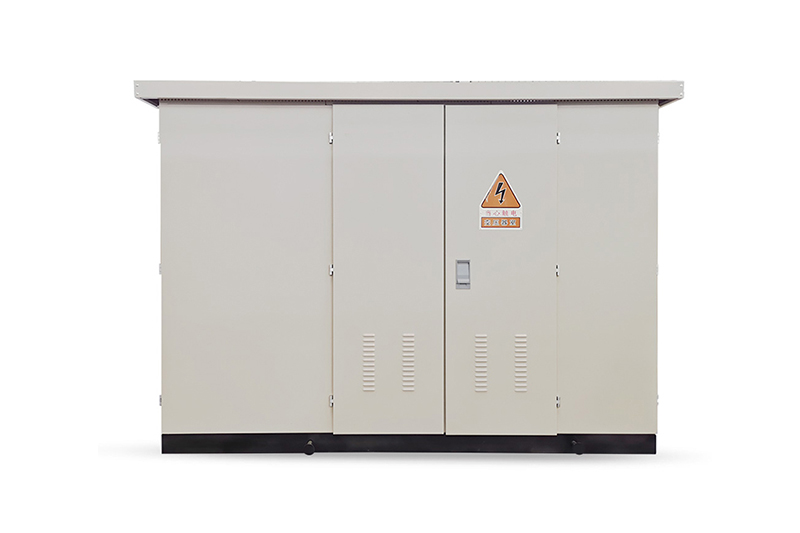What Factors Influence the Price of Dry-Type Transformers?
Time:2025-06-19 Auther:ZTelec-www.ztelectransformer.com
Dry-type transformers have become a preferred solution for power distribution systems in modern industries thanks to their oil-free design, safety, and low maintenance requirements. However, one common question remains: Why do dry-type transformer prices vary so widely? This article breaks down the major cost drivers that influence pricing, helping buyers make informed decisions.

1. Core Specifications and Material Costs
Capacity and Voltage Level
Transformer capacity (measured in kVA) directly impacts size, performance, and material usage. A higher-capacity transformer—such as 1600 kVA or 2500 kVA—requires more copper or aluminum windings, a larger core, and a more robust structure, which all increase the manufacturing cost.
Voltage level also plays a key role. High-voltage transformers (e.g., 10kV, 35kV) require advanced insulation systems and stricter safety designs, driving up costs compared to low-voltage units.
Core Materials
– Core steel: High-grade silicon steel offers lower core losses and better efficiency but comes at a premium.
– Windings: Copper windings deliver better conductivity and longer lifespan than aluminum but are significantly more expensive.
– Insulation: Superior insulation materials—such as Class F or H epoxy resin—enhance performance and thermal resistance, but also raise the unit cost.
2. Brand Reputation and Quality Certifications
Brand Value
Established brands often charge a premium due to their proven engineering standards, R&D investments, and after-sales support. For example, brands like ABB, Siemens, and Schneider are known for reliability and performance, while domestic brands offer more competitive pricing but may lack international recognition.
Certifications
Transformers certified under standards like ISO 9001, CE, UL, or IEC generally carry higher prices. Certification ensures compliance with safety, efficiency, and manufacturing protocols—offering peace of mind for mission-critical applications.

3. Market Conditions and External Influences
Supply and Demand
Market dynamics greatly affect the price of dry-type transformers. During peak seasons or when raw material supplies tighten, prices tend to rise. In contrast, slow demand or oversupply leads to discounting and promotions.
Logistics and Installation
Transportation distance, delivery method, and on-site installation complexity can all add to the final project cost. Heavy-duty packaging, crane unloading, or installation in confined spaces may require additional fees.
Government Policies and Environmental Standards
Stricter environmental policies or energy-efficiency mandates (e.g., meeting Level 1 standards) require the use of upgraded designs and materials. These upgrades result in higher upfront costs but ensure compliance and long-term energy savings.
4. Customization and Value-Added Services
Customized Specifications
While standard transformers follow mass-production efficiencies, customized units—such as special voltage configurations, protective enclosures (IP23/IP54), or anti-corrosion coatings—require additional design, testing, and engineering time, which increases overall cost.
Extended Services
Manufacturers offering services such as onsite commissioning, smart monitoring, lifetime technical support, or extended warranties usually charge more, but deliver added value and system reliability.
The price of a dry-type transformer is shaped by a combination of factors: product capacity, voltage level, material selection, brand reputation, market dynamics, and customization. When evaluating suppliers, it’s essential to look beyond just the unit price—consider certification, long-term efficiency, warranty, and support.
To get a precise quote, buyers should provide clear technical specifications and evaluate at least 3–5 manufacturers for quality, pricing, and support capabilities.




